
Before I delve into my list of sustainable beauty brands, let me start by stating that consumerism is inherently unsustainable. The idea that you should buy something new to be better to the Earth is a paradox. Rather, the worst thing you can do is buy things you don’t need. To us, sustainability is about buying selectively. As RUSSH Editor-in-Chief Jess Blanch once said in an interview for RUSSH Weekend: “buy less, buy better”.
The beauty industry is undeniably a huge contributor to waste and an unnecessary drain on essential resources like agriculture, soil, water and wood. And we feel our beauty routines could all benefit from a “buy less, buy better” strategy.
With this in mind and in honour of Earth Day on April 22, find below our edit of sustainable beauty brands – in no particular order. None of them are perfect, but they may offer more sustainable options than what you may already be buying. Next time you need to replace something in your routine, these brands are a better choice for the future.
1. Conserving Beauty
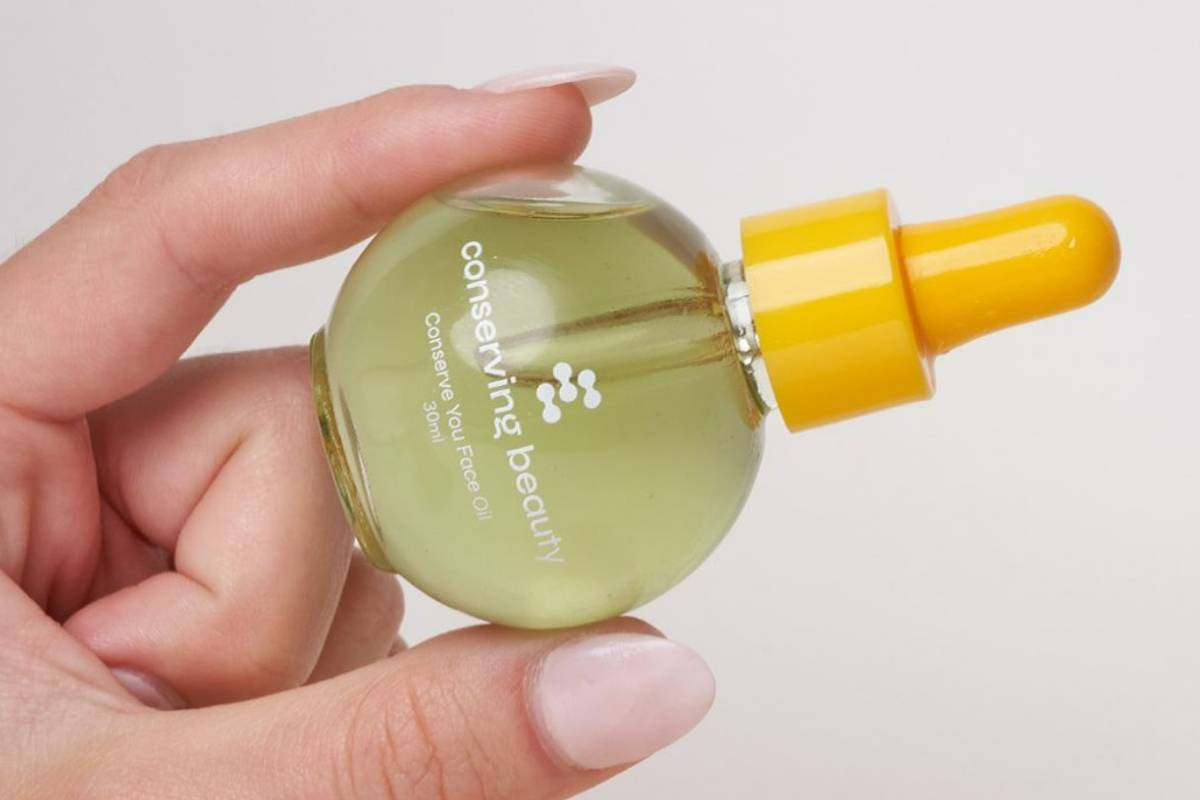
Conservation and consideration is at the heart of this brand. It was created solely to offer a better alternative to the skincare staples. If makeup wipes are an essential for you, try the Conserving Beauty insta-melt wipes. They dissolve in water and can go down the drain instead of into landfill.
Why is it sustainable: All elements of the supply chain are considered. From the footprint of the ingredients to how they’re shipped. Also, the products are waterless, reducing pressure on limited water supplies.
2. Hermès Beauty
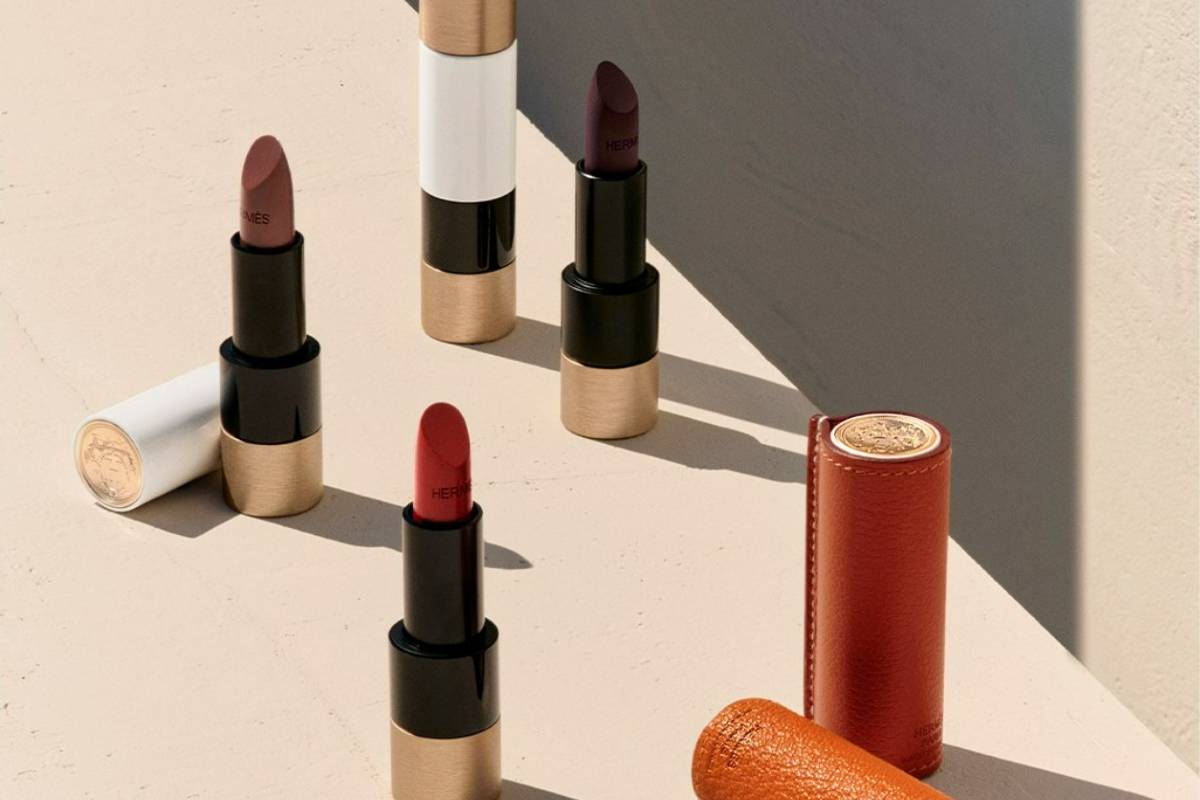
The sixteenth métier of this historic maison is Hermès Beauty. Here, Hermès has created an effervescent range of elegant colour cosmetics, each piece a collectable in its own right.
Why is it sustainable: Most of the colour cosmetics come in refillable treasured containers, minimising demand for unnecessary packaging. Hermes also uses minimal plastic in its packaging.
3. Emma Lewisham
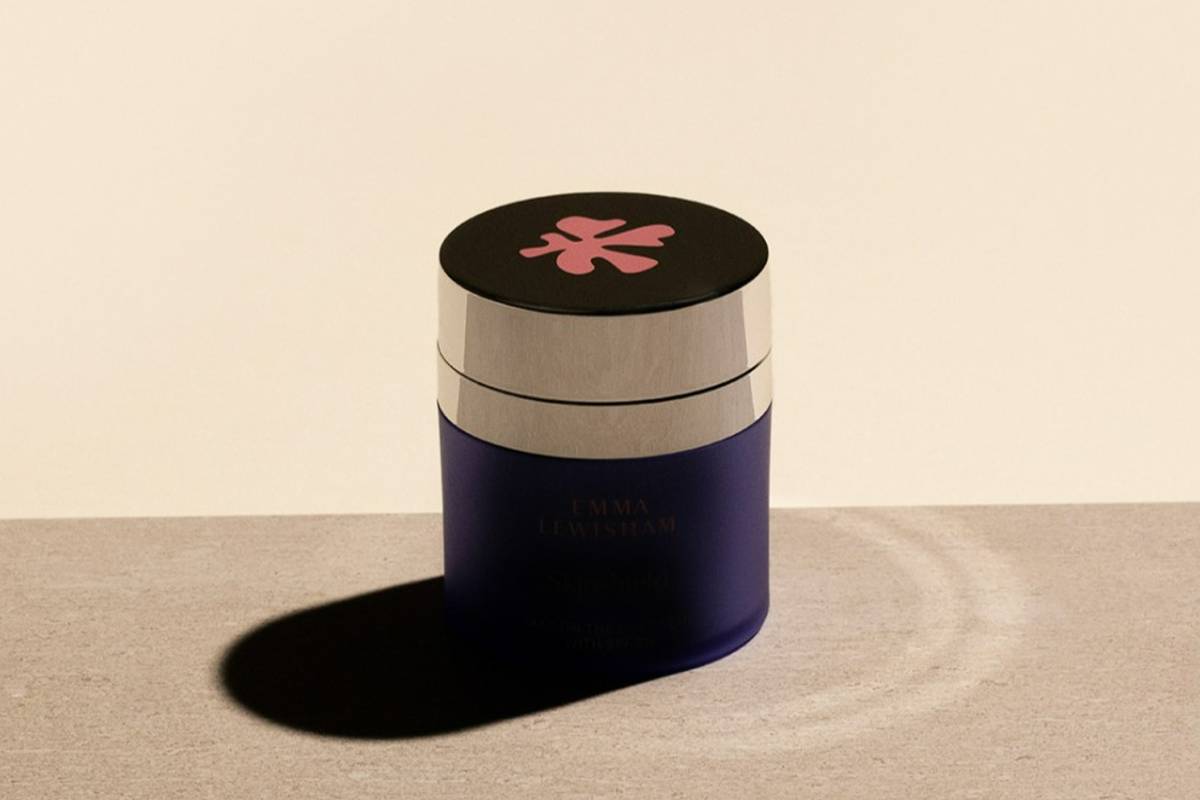
Emma’s eponymous skincare brand aims to solve the key problems she found in existing beauty products: a lack of transparency in ingredients, use of harmful or questionable ingredients and high impact on the environment. Emma Lewisham skincare works everyday to create powerful and effective skincare that uses naturally-derived ingredients and working to the highest possible standards in sustainable innovation.
Why is it sustainable: This brand is as good as it gets. Name an eco certification, and the brand has it. All elements of the supply chain are considered and meet the highest standards in all areas. Emma Lewisham is also carbon positive, meaning the brand offsets more carbon than it produces. The brand has also made the decision to publicly share its sustainable pathways and plans to help other brands in the industry do the same. From personal experience speaking with Emma, I can say she genuinely wants to make a difference.
4. Flavedo and Albedo

Colour cosmetics brand Flavedo and Albedo knows that plastic packaging cannot be recycled more than a few times and will all eventually end up in landfill. So, it decided to create a range of liners, blushes, shadows and highlighters that offers an alternative.
Why is it sustainable: A brand that is passionately and proudly plastic-free. Flavedo & Albedo only uses materials that can be recycled endlessly like aluminum or renewables like wood.
5. Foile
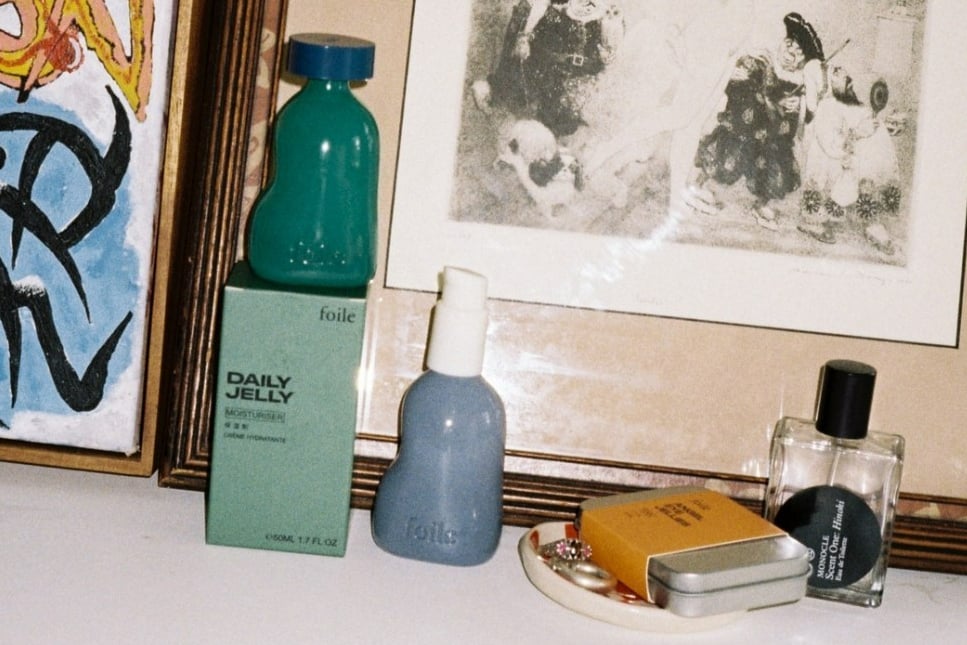
Form is function for skincare brand Foile. Its bottles are more like decorative collectables, designed to be treasured. It creates skincare staples for a streamlined a minimalist beauty routine.
Why is it sustainable: All products come in keepsake refillable bottles, minimising demand for unnecessary packaging.
6. Biossance
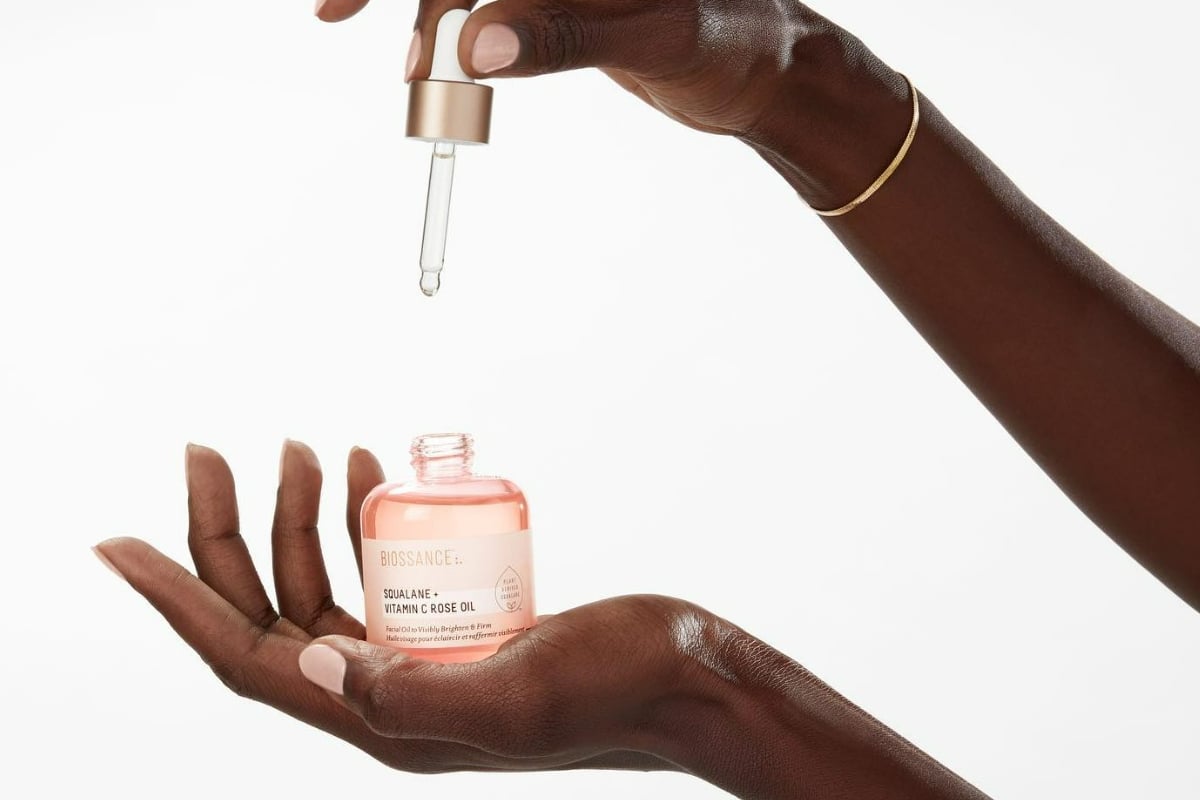
Science-backed and a pioneer in the clean beauty space, Biossance is an innovator in skincare, creating some of the best products in the market. A force for good, Biossance supplies its formulation for plant-based squalane to other brands in an effort to reduce the animals that are poached for squalene.
Why is it sustainable: Sustainably-sourced ingredients, carbon neutral shipping, gold-standard sustainable lab practices and considered packaging. It also helps to save 2 million sharks each year.
7. Odesse
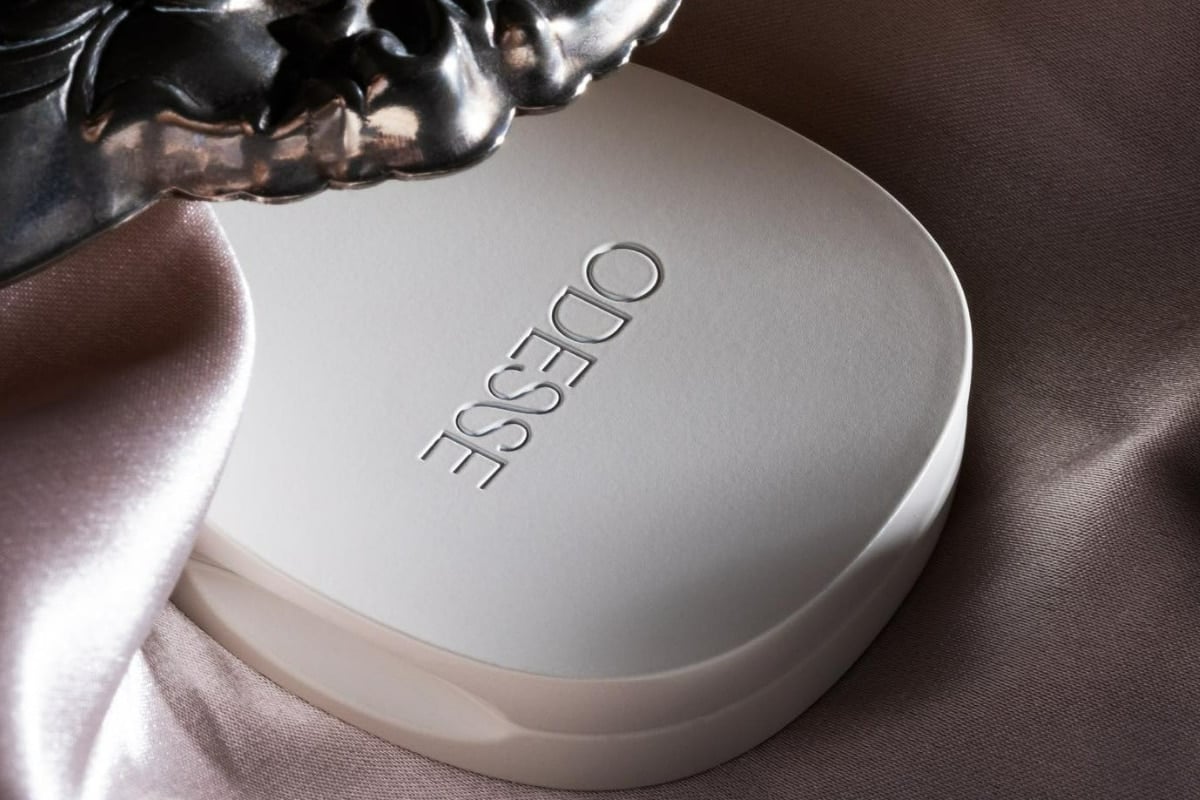
For your olfactory pleasure, Odesse creates modern scents from native Australian ingredients. Pocket-sized and travel-friendly, Odesse fragrances are longer lasting and a smarter alternative to your traditional eau de parfums.
Why is it sustainable: Solid perfumes do not use unnecessary water, conserving limited water supplies. They’re also lighter, using less fossil fuels to ship. All products come in refillable packaging with limited plastic, minimising demand for unnecessary packaging.
8. Aesop
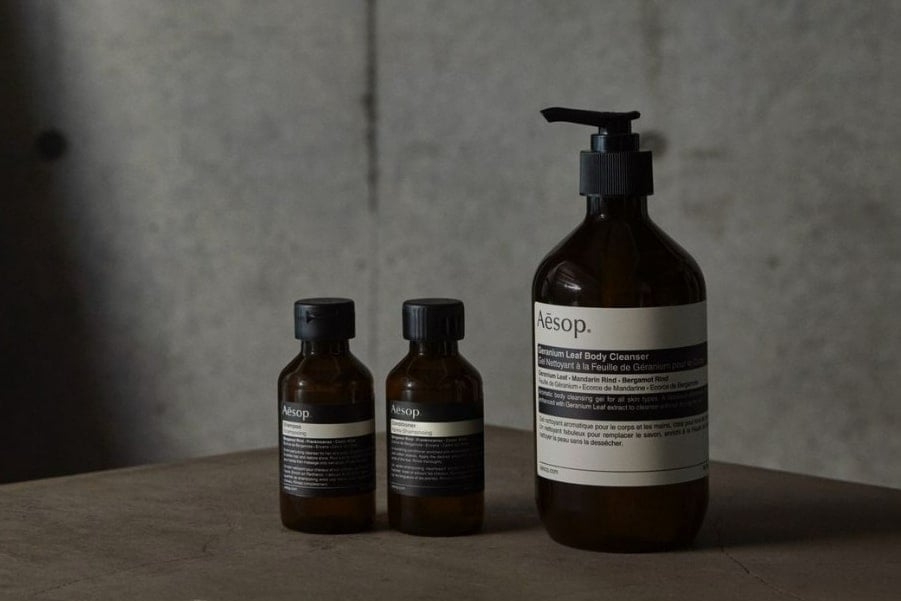
Purveyor of botanical delights, Melbourne-born-and-bred Aesop is world renowned for its elegant concoctions. It offers a range of skincare, body care, hair care, fragrances, scents for the home and even care products for your furry friends.
Why is it sustainable: A B Corp registered brand. It has a thoroughly considered supply chain. 89% of all plastic packaging came from recycled sources by 2021. It also has a goal to be net zero on emissions by 2030.
9. L’Occitane
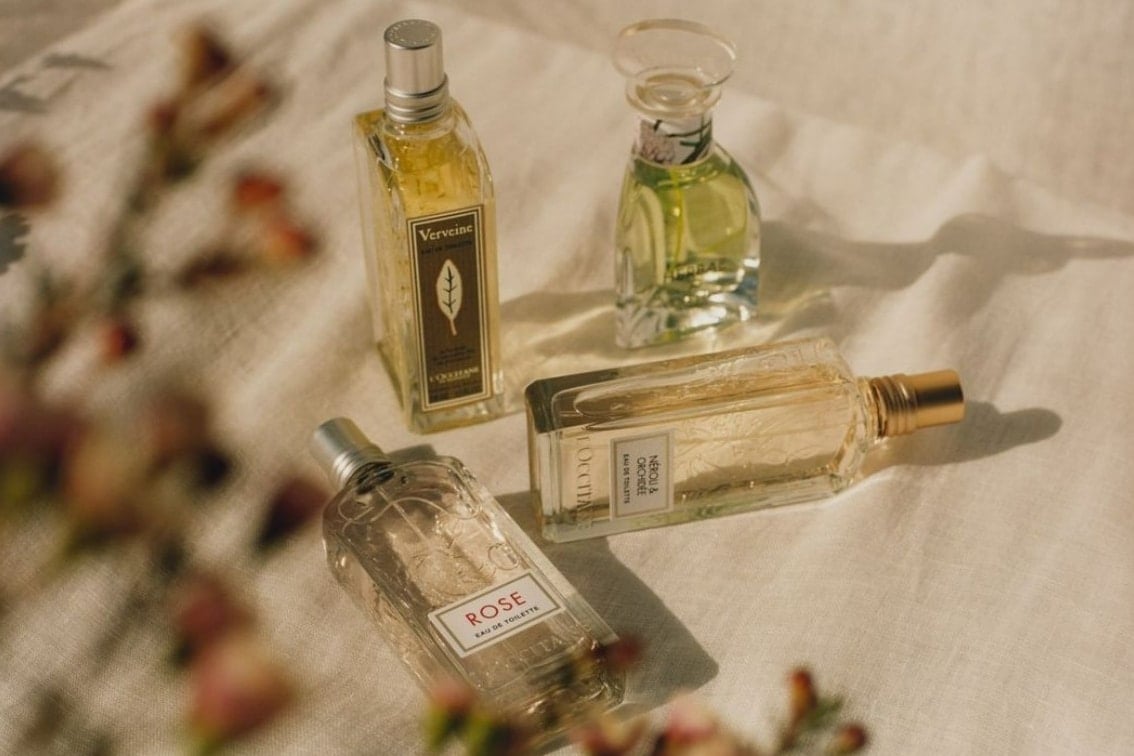
From the plains of Provence comes L’Occitane. A portrait of pastoral French beauty, is there a handbag anywhere that has not been home to a L’Occitane Shea Butter Handcream? The luxurious and endlessly comforting L’Occitane creations have been nourishing skin all over the world since 1976.
Why is it sustainable: The most popular products are refillable minimising excess packaging. The brand has aluminium bottles that you can take in store to be refilled directly or you can order refill satchels.
10. Sunday Riley
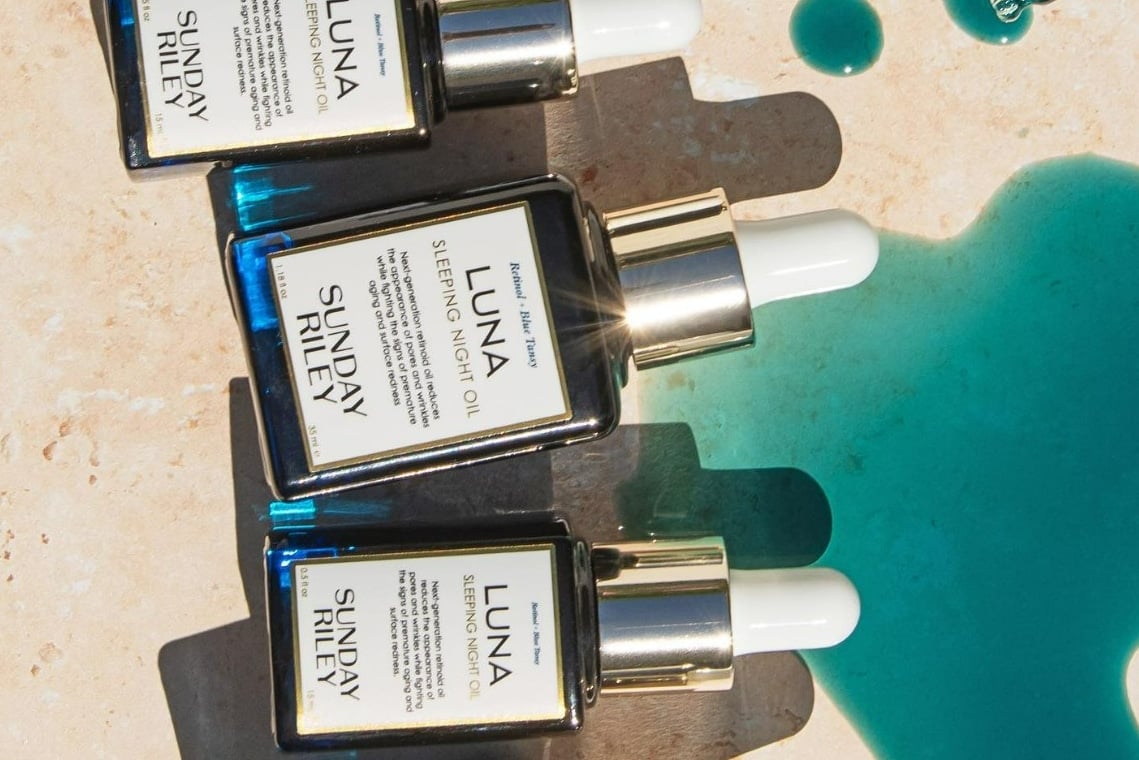
This is a brand about products that work - in fact one of the brand’s core values is about using active ingredients in high enough levels to actually affect change in the skin. Science-led and science-backed, it’s no surprise that editors and experts are among the cult fan base of the Sunday Riley brand.
Why is it sustainable: This B Corp certified brand is plastic neutral, meaning it reclaims as much plastic as it produces. It has zero waste strategy when harvesting its oil and it invests in carbon offsets to cover the footprint of freight.
11. Le Labo
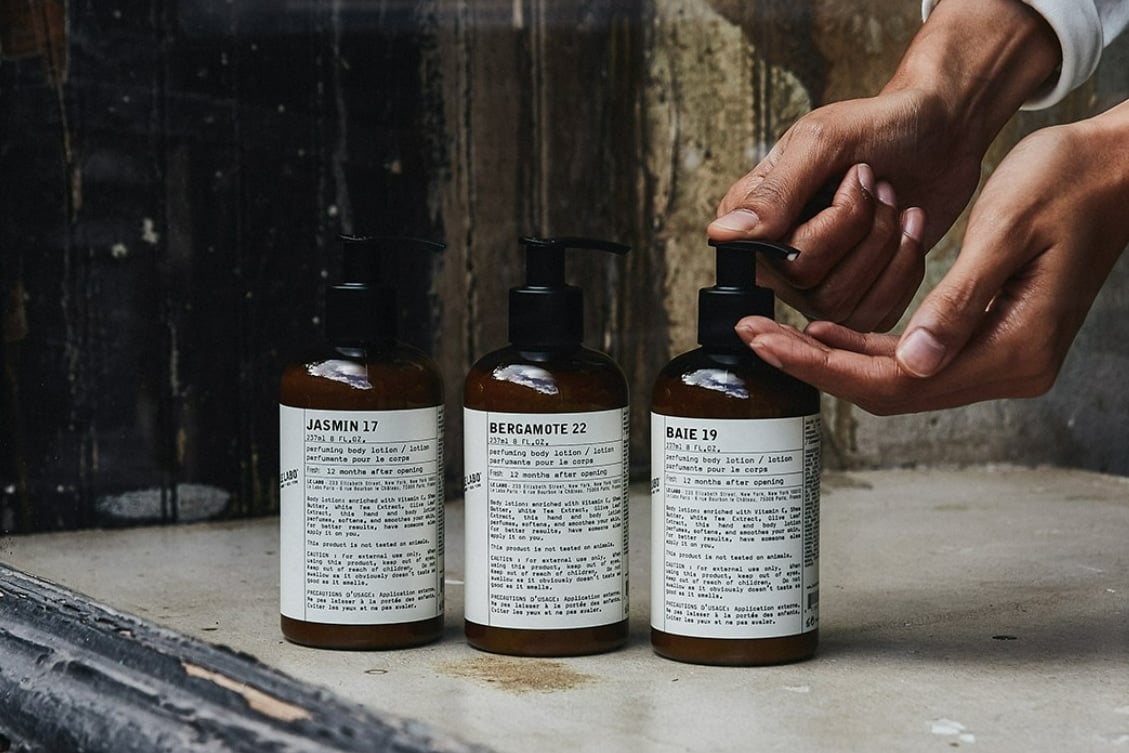
Can you walk down the street of a chic neighbourhood without catching a note of Santal 33 on the wind? Le Labo’s talent for creating unique and genderless scents has cemented the brand as one of the most coveted perfumeries in the world.
Why is it sustainable: All packing is made from recycled or recyclable materials. The brand offers refills to save on excess packaging. It also makes many of its scents to order - minimising waste.
12. NueBar
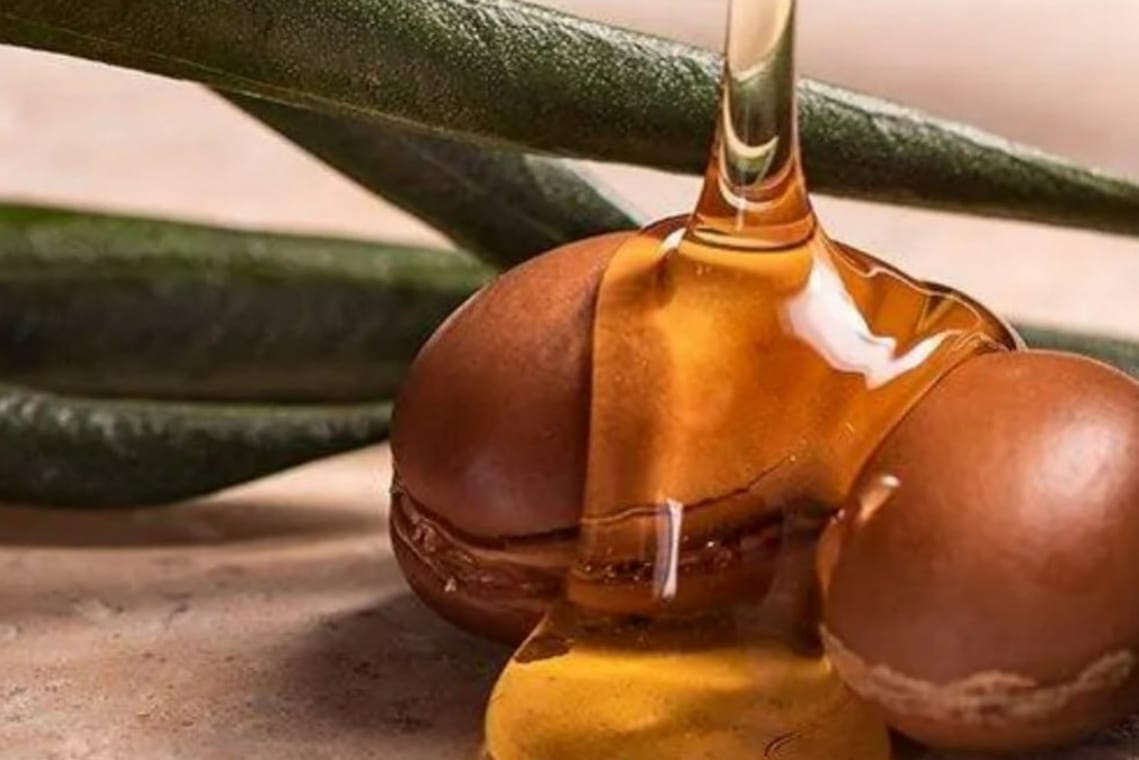
NueBar creates solid body and haircare products that don’t compromise on performance. Naturopathically formulated, these products are free from many of the ingredients some conscious consumers may wish to avoid.
Why is it sustainable: Waterless and plastic-free, solid bar products require less water to make and fewer fossil fuels to transport. Its plastic-free packaging means less excess is sent to landfill.
13. Tata Harper
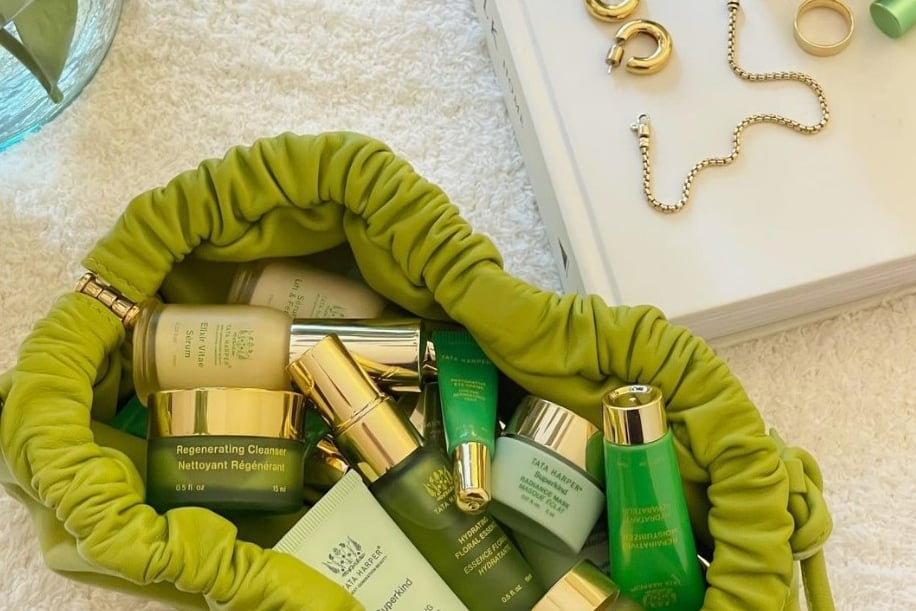
Tata Harper was one of the first natural brands to play in the luxury skincare space. Creator of the brand Tata Harper couldn’t find natural, spa-quality products that performed at her high standards, so she set out to create a range herself. Today Tata Harper the brand is the high-performance skincare choice for high-end spas including at the Parker Palm Springs.
Why is it sustainable: The brand’s Vermont facility handles all production for full visibility of process and less shipping - thus a lower footprint. It only makes products as it needs them, minimising waste. Ingredients are sustainably sourced, formulas are biodegradable and the packaging is either glass or corn-based bioplastic.
14. Bespoke
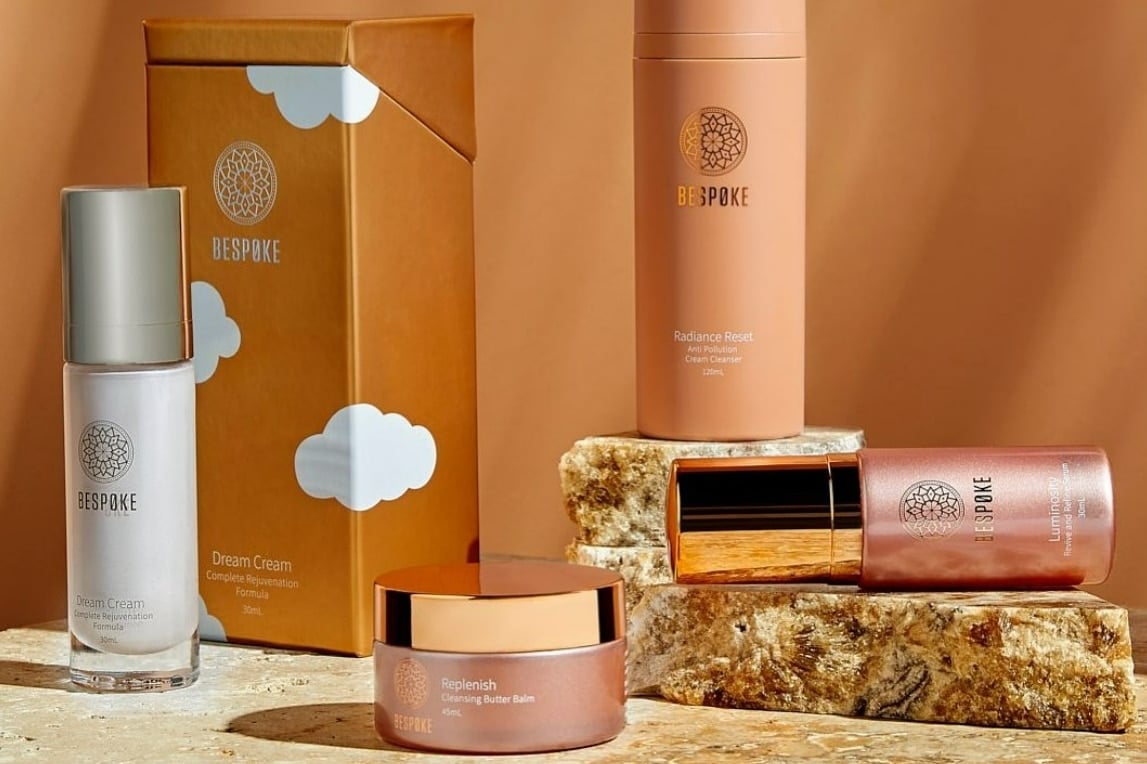
Bespoke is a brand with no bold sustainability claims on its website. So, some may be surprised to see it on this list. However, the core ethos of the brand is about buying less. Dermatologist Dr Katherine Armour created Bespoke after having difficulty convincing her clients to stick to the multistep skincare routines she’d prescribed. So she created a small selection of products designed to do it all. One cream, one serum, and two cleansers - that’s it. It’s simple, effective and offers a lower consumption alternative to a tradition active-ingredient-powered skincare routine.
Why is it sustainable: An antidote to the multi-step skincare routine, Bespoke creates all-in-one products. Its Dream Cream is a 12-in-1 and its Luminosity Serum is a 9-in-1 - allowing you to ultimately buy less, the most sustainable approach of them all.
15. Vela Days
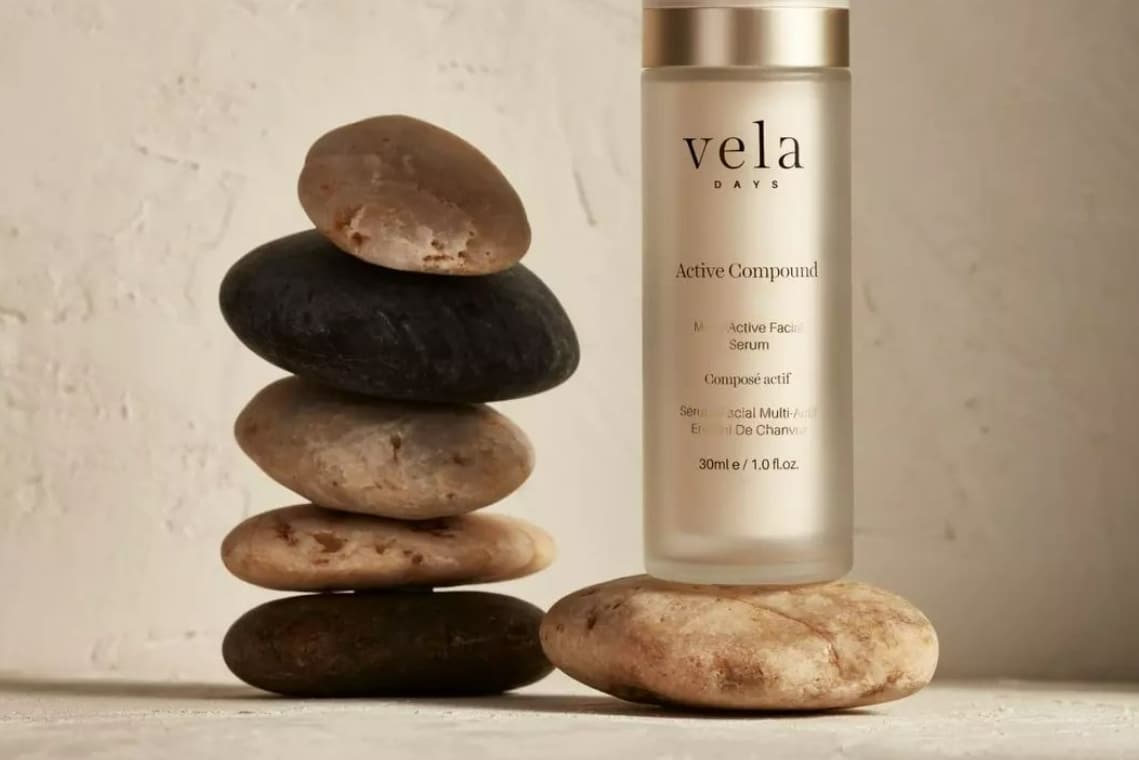
Vela Days is a skincare brand plant-powered by hemp - one of the most sustainable crops there is to grow. It is cultivated quickly, using minimal water and without requiring chemical pesticides. Hemp also has anti-inflammatory and healing properties that help keep the skin in its healthiest condition. Vela Days’ uses the highest quality medicinal grade hemp to create its luxurious formulations.
Why is it sustainable: Vela Days acknowledges that true sustainability is a challenge, and its ethos is centred around creating less. All areas of supply and production are considered. It’s carbon neutral, has refill options and has a take-back system for its empty bottles.
16. Ikkari
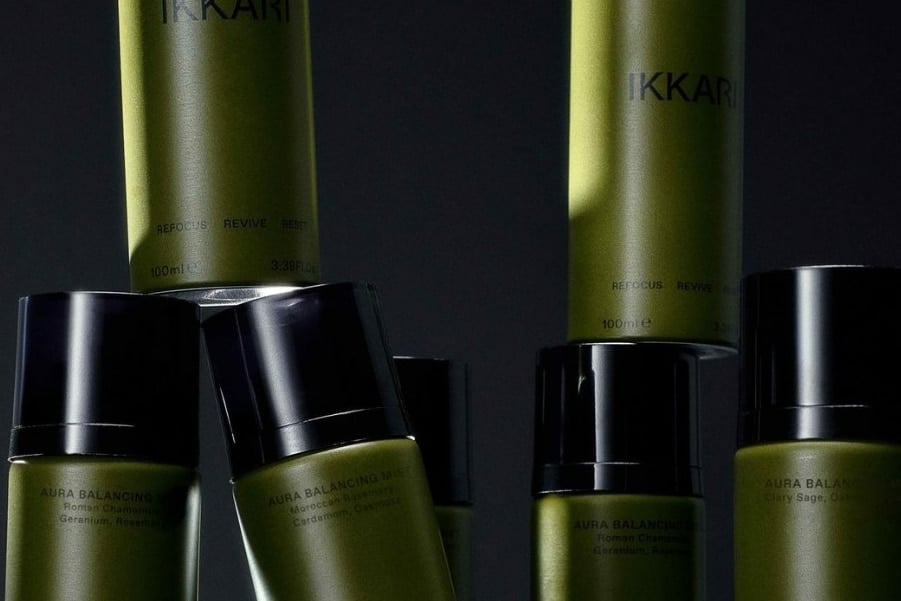
Ikkari looks at beauty holistically. An innovative skincare brand, it aims to inspire self-love and empower individuals to embrace their uniqueness. The brand offers a range of both topical but also ingestible beauty products formulated with sustainably-sourced ingredients. A cult secret, Ikkari is stocked exclusively online and at Aje Athletica
Why is it sustainable: The brand is plastic neutral and uses conscious packaging. It has a sustainability charter outlining its goals and offering transparency into its business operations.
17. Youth to the People
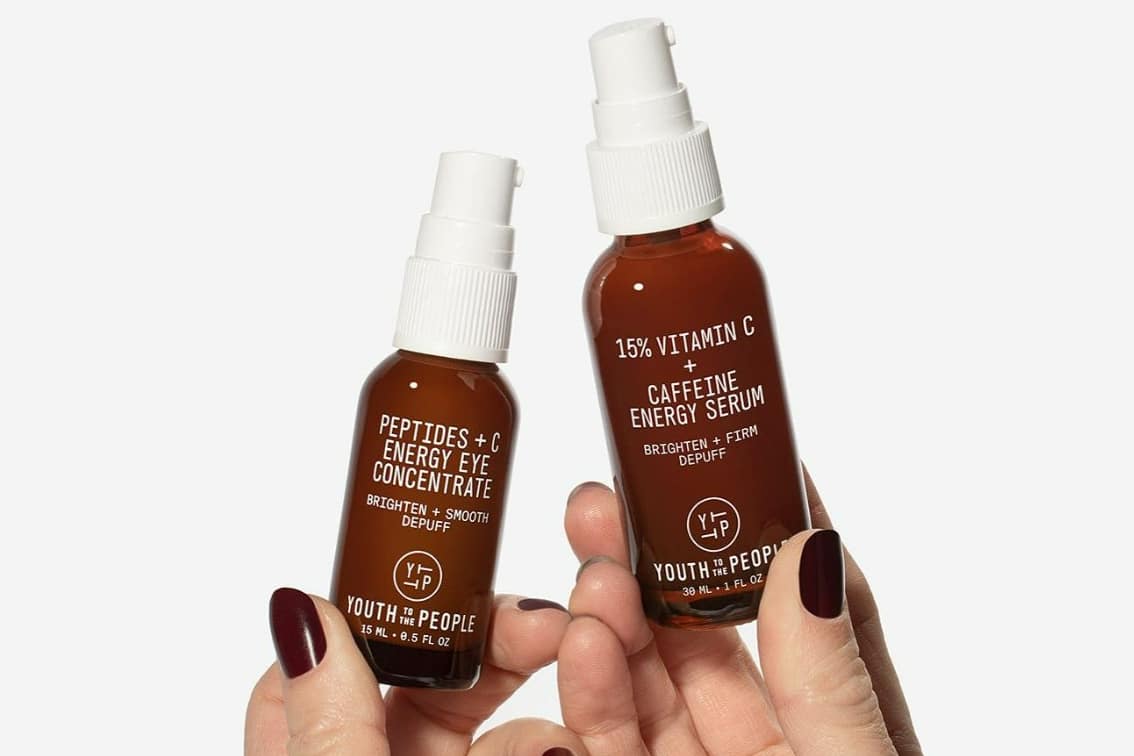
Youth to the People is a skincare brand that focuses on using extracts from superfoods, plant-based ingredients and clinical actives in its formulations. A family business with 40 years spent in professional esthetics, it creates high-performing skincare staples to help support your lifestyle and individuality
Why is it sustainable: Youth to the People using responsibly-sourced ingredients. Its products are packaged in glass bottles and FSC-Certified paper boxes to reduce environmental waste. It donates regularly to NFPs in the climate space.
18. SunButter
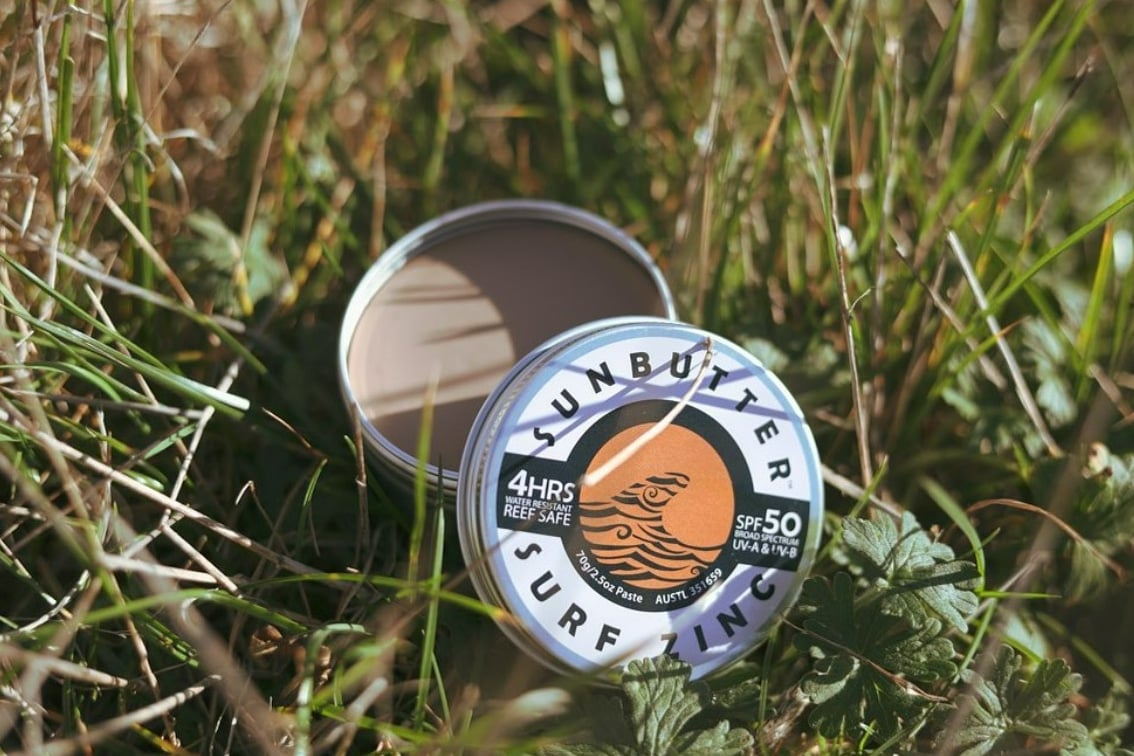
Sunscreen brand SunButter was created by two marine biologists working on the Ningaloo Reef in Western Australia. They learned and studied the negative impacts of sunscreen chemicals on our reefs. But at the same time, they needed strong sun protection while being out on the reef all day. Thus SunButter was born, a sunscreen brand that won’t harm our reefs but stands up to UV.
Why is it sustainable: SunButter is free from the chemical compounds that harm reefs and marine life. The sunscreen products are packaged in light-weight and plastic-free tins.
19. Zero Co
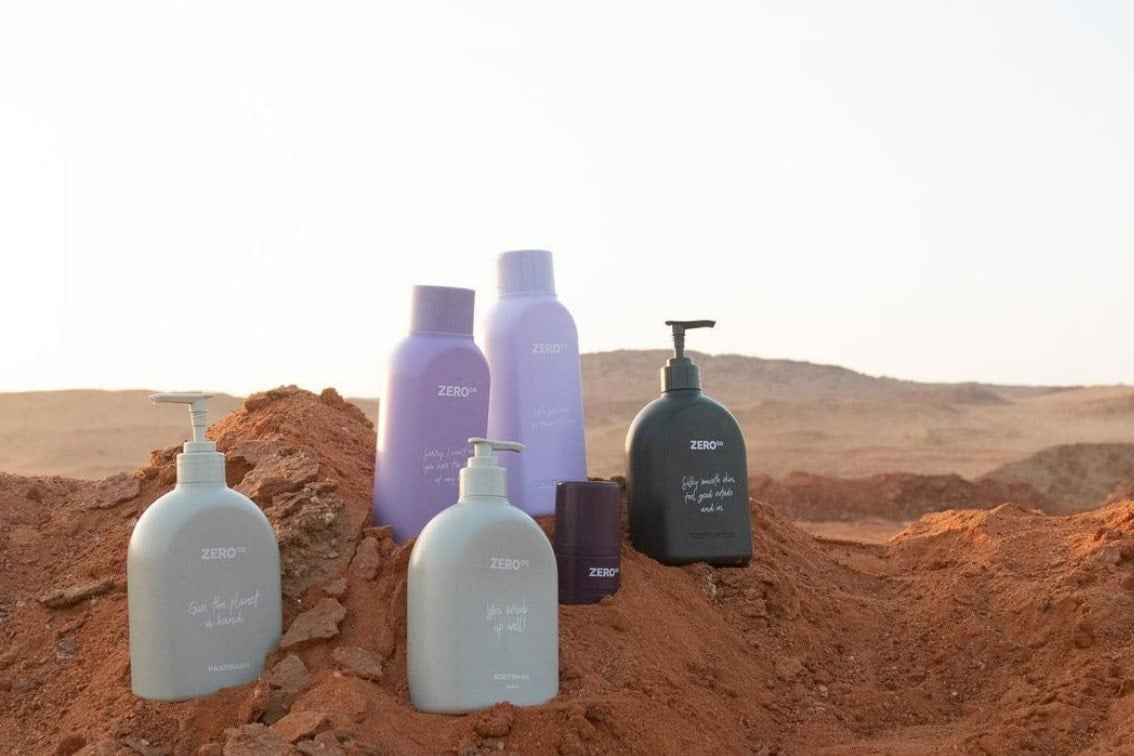
Zero Co offers refillable body and haircare to help reduce plastic waste. The range of products includes shampoo, conditioner, body wash, and hand wash, all of which are formulated with gentler and non-toxic ingredients. Zero Co's refillable and recyclable packaging is designed to reduce waste, and it offers a subscription service to make it easy for customers to maintain their routine.
Why is it sustainable: The brand’s packages are made from recycled ocean plastic which helps to actively remove trash from the ocean.
20. Inika Organic
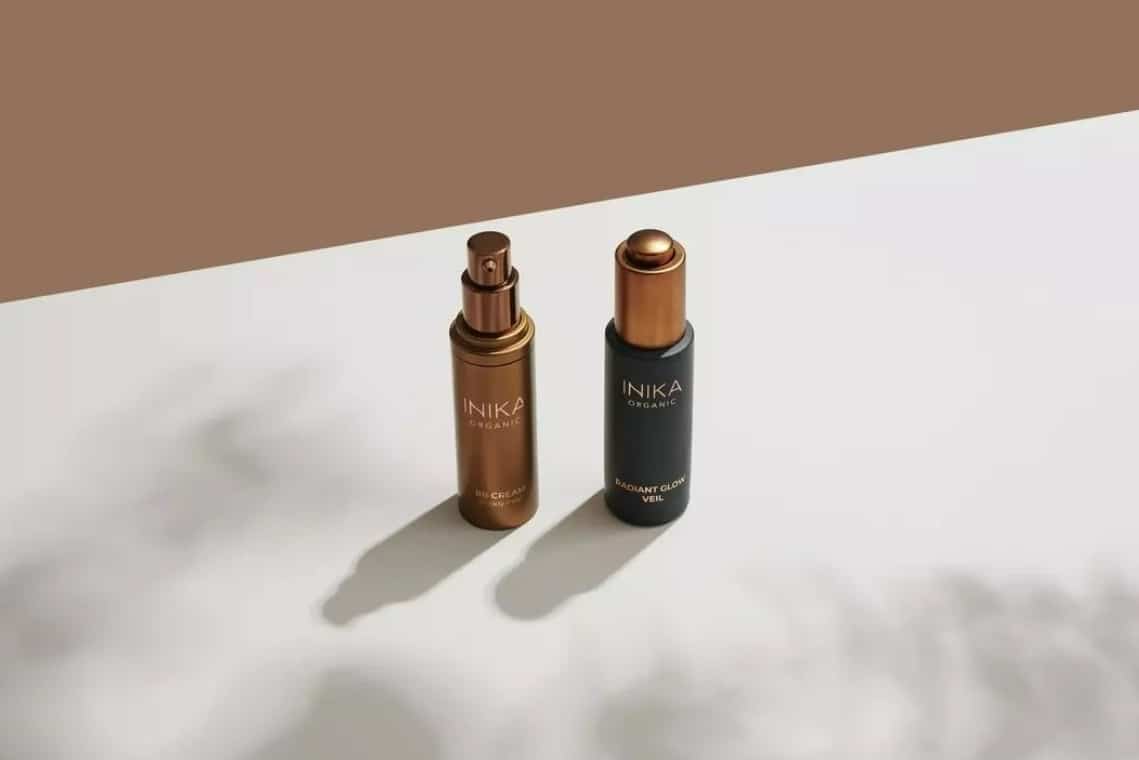
Inika is a premium skincare and makeup brand and was one of the first high-performance brands to be certified organic, vegan, and cruelty-free. The products are formulated with natural and plant-based ingredients, and the brand is proudly free from a range of chemicals and synthetic fragrances. Inika products have won over 60 awards for performance and innovation.
Why is it sustainable: Inika is certified plastic neutral and 90% of its new packaging is made from sustainable and reused material like aluminium and glass.
21. Susanne Kaufmann
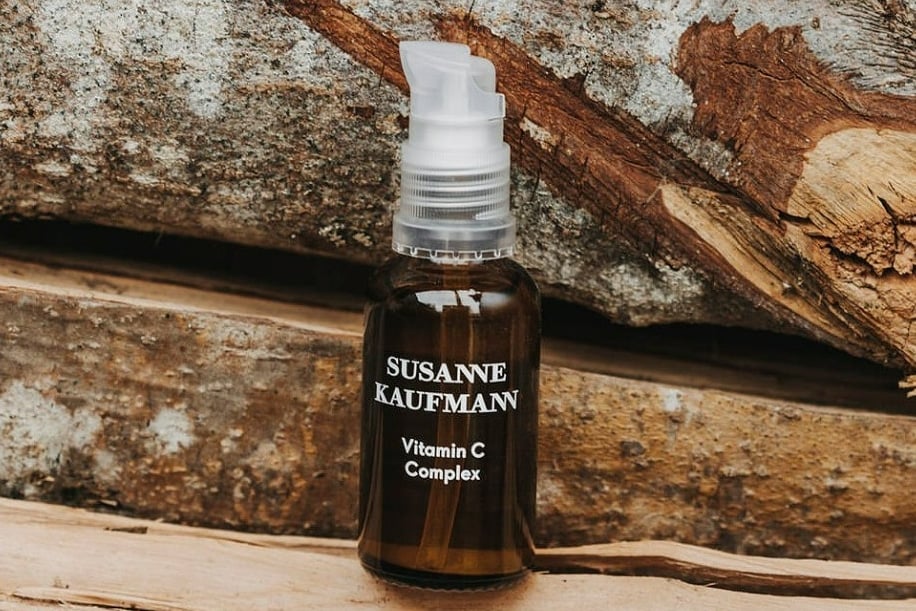
Susanne Kaufmann skincare is a minimalist brand with a particular focus on mature and sensitive skin formulations. Its ingredients are naturally-derived but don’t compromise on efficacy. The brand is based in Austria, and the products are hand-finished in the alpine region of Bregenzerwald. Susanne Kaufmann is a go-to brand for those seeking high-quality and eco-friendly skincare that cater to more than just one skin type.
Why is it sustainable: The brand has some refillable products. Manufacturing happens at the brand’s own facility to ensure all processes adhere to high standards of eco-consciousness. The brand is also actively attempting to develop alternatives to virgin plastic.
[russh_socials]
Images: all images sourced from the featured brands' Instagram accounts.



